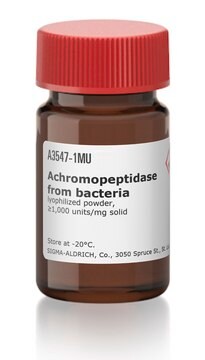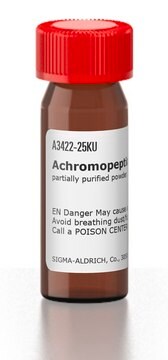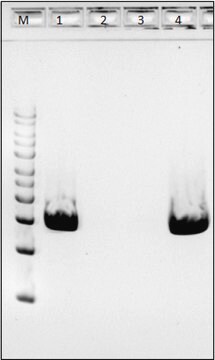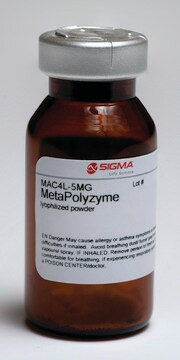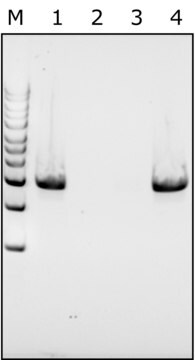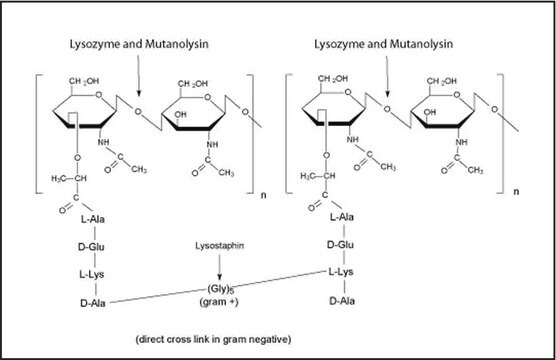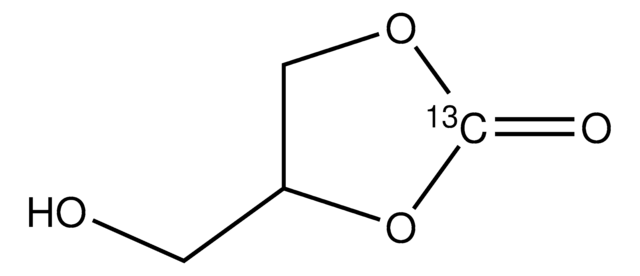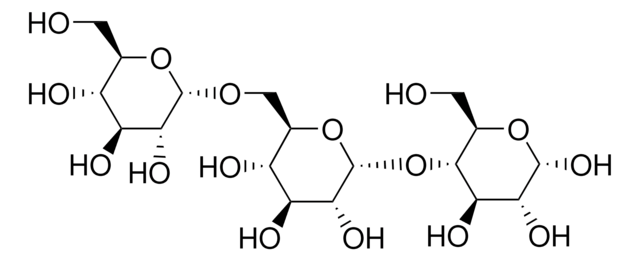A7550
Achromopeptidase from Achromobacter lyticus
lyophilized powder, Protein ~5 % by biuret, 300-600 units/mg solid
About This Item
Recommended Products
form
lyophilized powder
specific activity
300-600 units/mg solid
composition
Protein, ~5% biuret
foreign activity
Collagenase, present
storage temp.
−20°C
Biochem/physiol Actions
pH Optimum for activity: pH 8.5 - 9
Approximately 500-1,500 un/ml achromopetidase can be used to lyse cells at a density of OD600=0.6 over 2 hours at 37 °C.
Unit Definition
Physical form
Signal Word
Danger
Hazard Statements
Precautionary Statements
Hazard Classifications
Resp. Sens. 1
Storage Class Code
11 - Combustible Solids
WGK
WGK 3
Flash Point(F)
Not applicable
Flash Point(C)
Not applicable
Personal Protective Equipment
Certificates of Analysis (COA)
Search for Certificates of Analysis (COA) by entering the products Lot/Batch Number. Lot and Batch Numbers can be found on a product’s label following the words ‘Lot’ or ‘Batch’.
Need A Sample COA?
This is a sample Certificate of Analysis (COA) and may not represent a recently manufactured lot of this specific product.
Already Own This Product?
Find documentation for the products that you have recently purchased in the Document Library.
Our team of scientists has experience in all areas of research including Life Science, Material Science, Chemical Synthesis, Chromatography, Analytical and many others.
Contact Technical Service